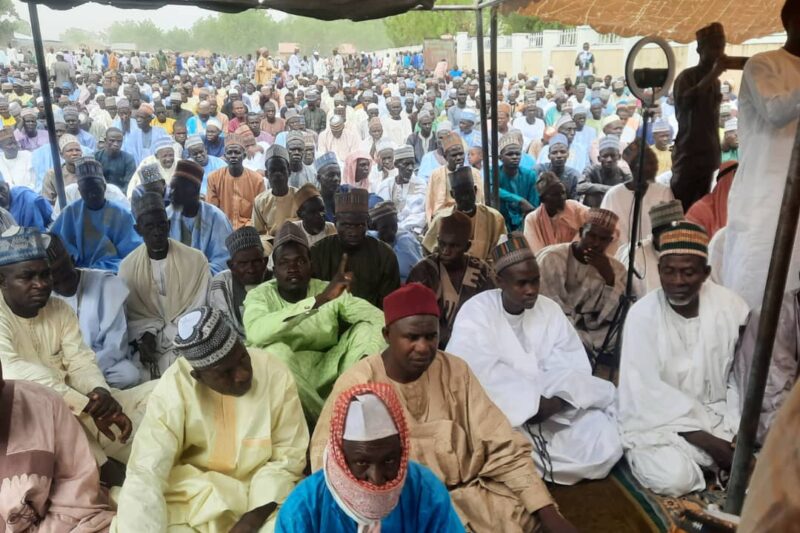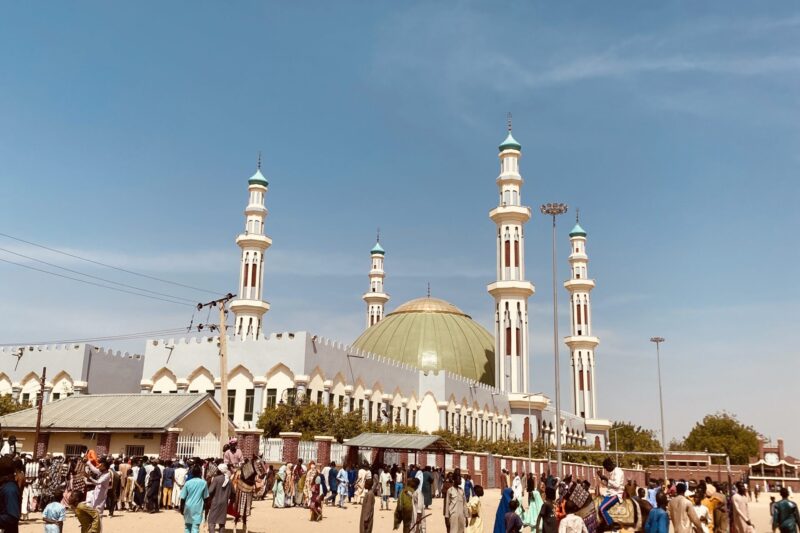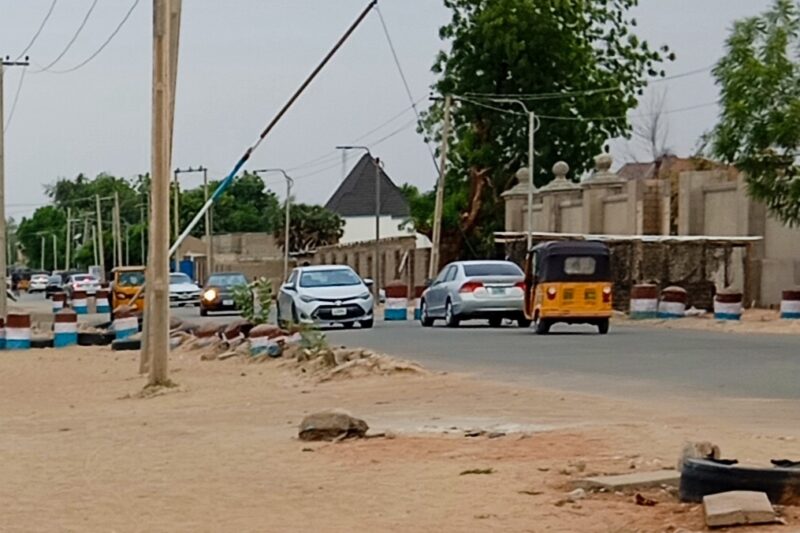Thirteen members of the Jamā’at Ahl as-Sunnah lid-Da’way Wa’l-Jihād (JAS), more commonly referred to as Boko Haram, surrendered themselves to a vigilante group in Damboa on the evening of Friday, September 10.
Abba Ali, a member of the Damboa Vigilante Group, confirmed the surrender to RNI reporter Alkali Mustapha, saying that the insurgents had told him that they wanted to be rehabilitated and reintegrated into their community.
Ali said all 13 of them said that they had decided to surrender, in the hope that the government would fulfil its promise to treat them well and they would not be tortured.
All of them were from the Damboa Local Government Area.
Ali would not reveal if any weaponry was handed in or recovered, saying it was not his responsibility to talk about any weapons seized. “Only the military can do that.”
He said the insurgents had surrendered peacefully and there had been no reason to use force. They told Ali that they were surrendering because they wanted the violent conflict to end so that everyone could live peacefully without fearing that they would be attacked at any time.
Hajja Kolo Bakale, a farmer and resident of Damboa, said that she was relieved the men had surrendered.
“I think it is a good thing that they have shown remorse and I will happily receive them back into the community as long as they are sincerely repentant,” she said.
“They are our brothers. They have come to the realisation that they took the wrong path. If they truly regret their actions, if they go through the rehabilitation the government has organised for them, and if they ask for forgiveness, we will welcome them as if they are our relatives. But they must be truly regretful and repentant and they must want to live in peace and never take up arms again.”
Bakale said the government should do all it could to help rehabilitate those who had surrendered so that they could join their communities again.
“The government must also make more effort to encourage those still in the bush and committing violent attacks to surrender. It’s been too long now. All we want is to live in peace,” she said.
Another resident, Alhaji Abubakar Mustapha, said he was “extremely happy” to hear that the insurgents had surrendered themselves to the vigilante group.
“I am pleased they gave themselves up without fighting. I think that shows that they truly want to live in peace again and that they are tired of 12 years of conflict,” he said, adding that he hoped the people of Damboa would be patient with the insurgents and welcome them back into their society.
Brigadier General Bernard Onyeuko, director of Defence Media Operations, told journalists at a press conference at defence headquarters on Tuesday, September 2, that 5,890 insurgents, comprising foot soldiers, field commanders and their families, had already surrendered to counter-insurgency troops in the northeast.
He was informing the press about developments in military operations across the country between August 12 to September 2. He said the military had destroyed gun trucks and recovered a huge assortment of arms, including grenades and anti-aircraft guns.
He said the mass defections followed the death of the former JAS leader, Abubakar Shekau in May.
Borno State governor Babagana Zulum told abc NEWS that the defections had put the state in a “very difficult situation”.
Last month he was quoted by the agency as saying: “We have to choose between an endless war or to cautiously accept the surrendered terrorists, which is really painful and difficult for anyone that has lost loved ones, difficult for all of us and even for the military, whose colleagues have died.”
The conflict had left tens of thousands dead and displaced more than 2.3 million people in the Lake Chad region.
According to a United Nations estimate, about 350,000 people had died in the 12-year conflict, which started in Nigeria in 2009 and later spilt over to neighbouring Niger, Chad and Cameroon.
In a report in June, the United Nations Development Programme (UNDP) said that if the conflict continued to 2030, more that 1.1 million people might die.








